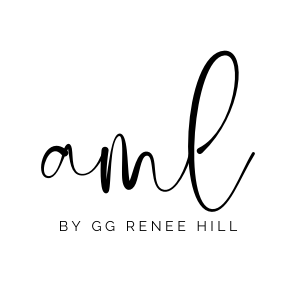vulnerability without reciprocity
february 5 | weekly warm-up
What do you need to do to take care of yourself through the vulnerability of exploring, strengthening, and sharing your voice? What emotional rewards can/do you give yourself as a reward for courageous, honest expression?
I was in the marching band in college, and I fell in love with every single weirdo that I marched with during those four years. I can call them weirdos because I was one of them. We went through the scourge of band camp together, marched across countless football fields and parades together, and had to smell each other on tight school buses after marching and dancing for hours in the sun. We had no choice but to get close.
I got particularly close with one guy. He played the drums, and I was a majorette. On one of our competition trips, we went to San Diego, where we found ourselves separated from the group in the corner of the hotel lounge for hours flirting and talking about our feelings. Hot, right? It was actually more intimate than some of my college sexual encounters. He had never opened up like that to a girl, and I had a boyfriend at home who only talked about feelings when he was lying. But I was blindly faithful to the liar, and things didn’t go any further with the drummer until years later.
After the trip, I abruptly distanced myself from the drummer and stopped talking to him. No more sneaky looks and smiles. Not even the little hip bumps we used to do when we walked past each other in the hall, our inside joke. Years later he would tell me that when I ghosted him he felt naked and used. Since he’d never been vulnerable like that, he convinced himself that I was so put off by his vulnerability that I didn’t like him anymore. My silence led to all kinds of assumptions. The truth is that I felt guilty for liking him too much, and I was young and I didn’t know how to deal with it, so I just stayed away. We did end up dating later.
What does this have to do with writing?
Revealing your honest writing voice is a super vulnerable experience. Creating a writing voice that shows your idealism, sarcasm, silliness, intensity, softness, selfishness, etc. will make these truths about you public through your art. You’re likely to discover things about yourself that you’re not even fully aware of, and you might be self-conscious about what you find. You realize that you’re revealing deeply private parts of yourself, opening a window to your soul, and you don’t take this lightly. You want to trust that your voice will be treated with care and respect, but you know that’s beyond your control.
The drummer had tried to play it cool with me that night, but I pulled him into the deep. I basically told him that I’m not like other girls, and the same old game wouldn’t work with me. It was going to be soulful conversation or nothing at all. I went full Scorpio on him, you know? I don’t know who I thought I was. Haha. Anyway, I left him hanging after that—feeling all exposed after an emotional one night stand. And this is how we might feel after we reveal our true voices and don’t know how it will be received, whether there will be reciprocity or follow-up or not.
The self-protection that makes us filter ourselves when trying to make a good impression in person, can create a similar hesitation when we try to let our personality flow authentically on the page.
But this is the work. The beautiful work of creative expression without apology.
“A good writing voice is representative of humanity: decidedly imperfect, but deliciously fascinating and possibly even lovable not just in spite of the flaws but because of them.” — K.M. Weiland
It’s our responsibility to do the inner work so that we take pleasure in the expression itself and not the way it’s received. So what does that inner work look like?

